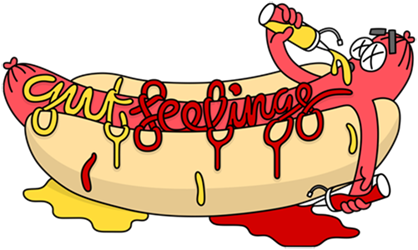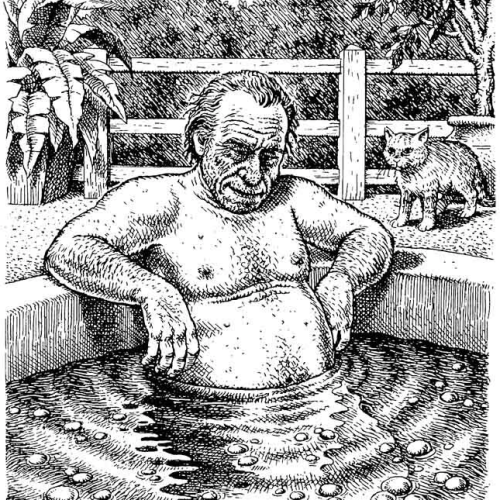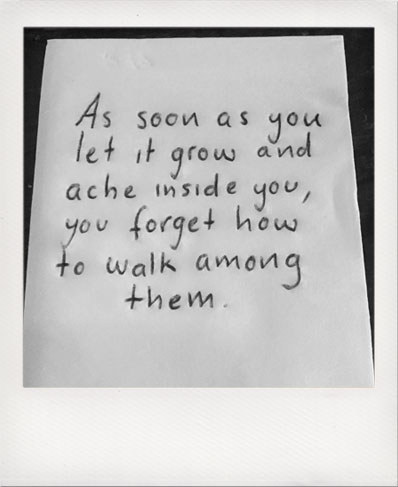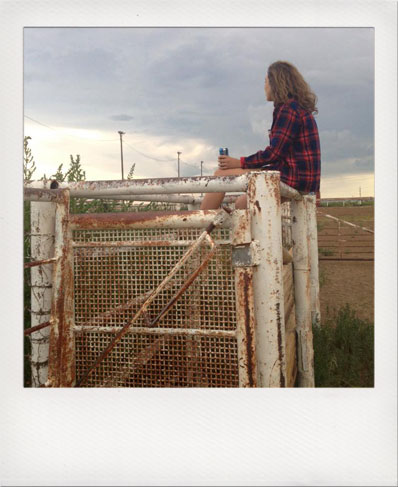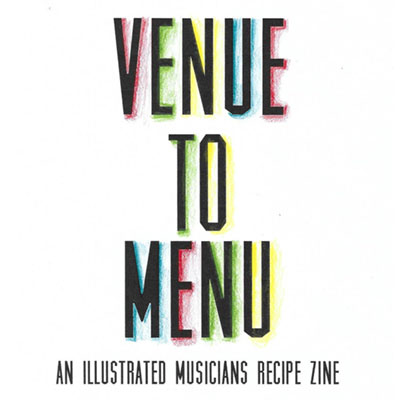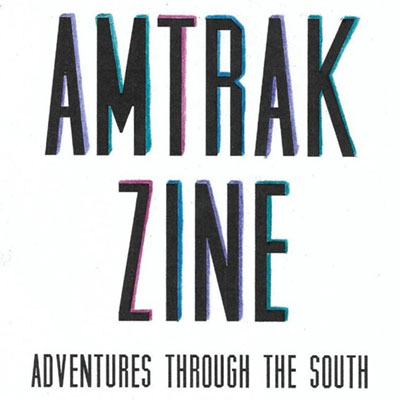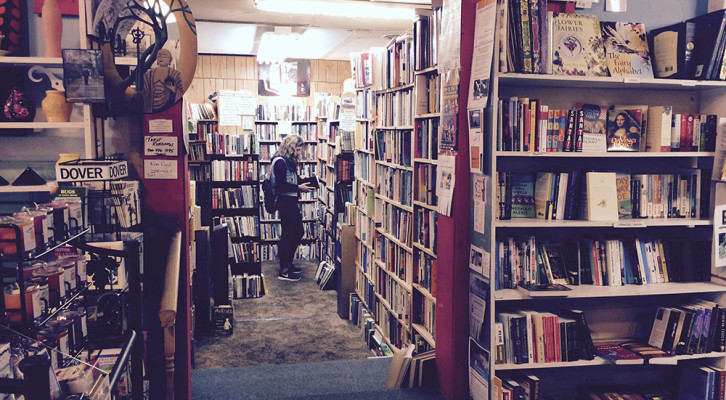
Originally featured in The Saatchi Gallery’s Art & Music Magazine
My mother taught me very early on that a life full of books equals a well insured soul, so I never have the slightest hesitation in recommending reading to friends who are in need of hopeful direction. It might be a specific novel that relates to a particular situation, one that I know would offer instant encouragement and camaraderie with the kind of people who have lived life more thoroughly than I have. Most of the time, it’s just my informed opinion that they should take themselves to a bookshop or a library and read and read and read until they find the spiritual guidance to pull their shit together and work through it.
This might seem like a cop out – like I’m handing their burden over to a third party to avoid being a dutiful friend, but, frankly, I’ve never met a person who can console me as thoughtfully as a book. Joyce Carol Oates once mused that, “Reading is the sole means by which we slip, involuntarily, often helplessly, into another’s skin, another’s voice, another’s soul”. It’s this “involuntary” immersion through reading that forces us out of our small, isolated worlds of trouble and, in no time, what we thought of as unprecedented suffering becomes universal and commonplace. Through stories, characters and the authors that write them, we receive the crucial apparatus to understand ourselves and those around us; to see things from a million different perspectives and, most importantly, to be empathetic towards them. Nothing remedies a closed mind quite so severely as an open book, and nothing is as enlightening as finding this out.
In many ways, personal suffering is like washing up on a deserted island, not knowing that just on the other side of the hill is a huge colony of survivors with an abundance of tools, food and shelter. Reading a great novel is like discovering their existence and allowing them to teach you how to live within your new surroundings, which things to avoid and which things to nurture and pursue; how to navigate your way in the dark, feed yourself, communicate with the natives and handle your weapons – all the tools, essentially, that you need for your spiritual toolbox. The best part is that any time you need to revisit them, to sharpen your understanding and insight, to recapture what it is to be human, they’ll be right there on your bookshelf waiting to remind you all over again.
A friend of mine is currently reading Sylvia Plath’s The Bell Jar to get him through a magazine internship. It validates him to see his thoughts and feelings reflected back by a character. Another friend is reading Richard Adams’ Watership Down and is learning more about bravery every day. Whenever I feel I am becoming too judgmental, I sit down with Mark Twain’s Adventures of Huckleberry Finn for an afternoon and let him remind me of the fallibility of humans.
Everything you could possibly need is between the pages of a book, and our eagerness to keep reading, to follow a story through to the end, must have some correlation to our willingness to persevere through our down-times, to remain curious and excited about how our own individual stories will turn out. The pleasure we derive from following a story means we’re more able to tolerate and understand our own existence, and if we use the knowledge handed down to us through literature, by our friends up on the shelf, we’ll surely be able to steer our way through our antagonistic little worlds with a little more wisdom than before.
